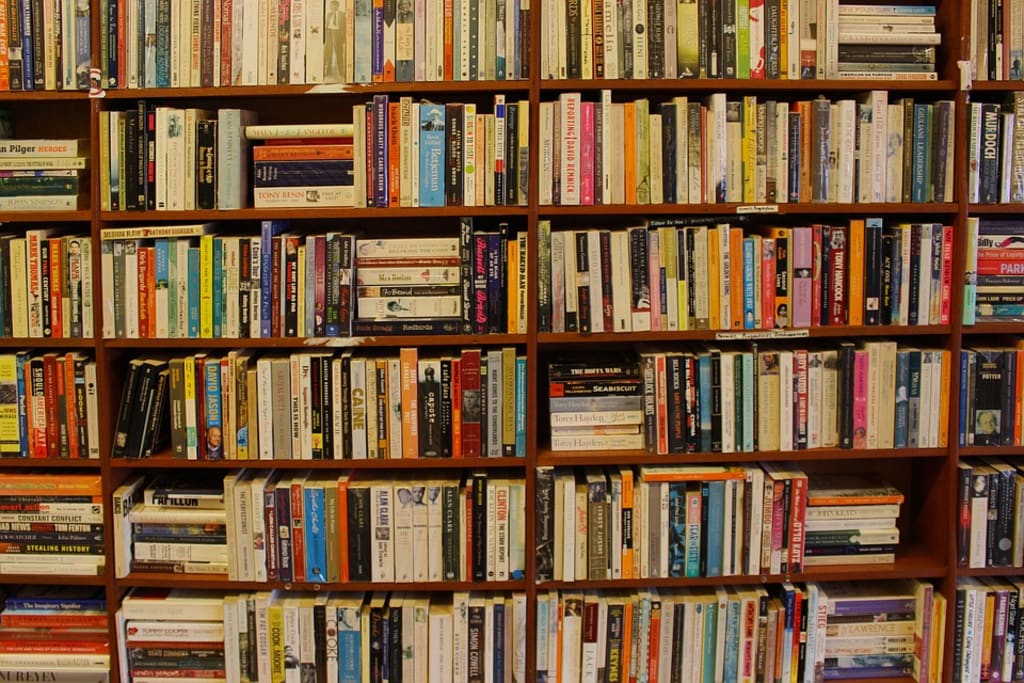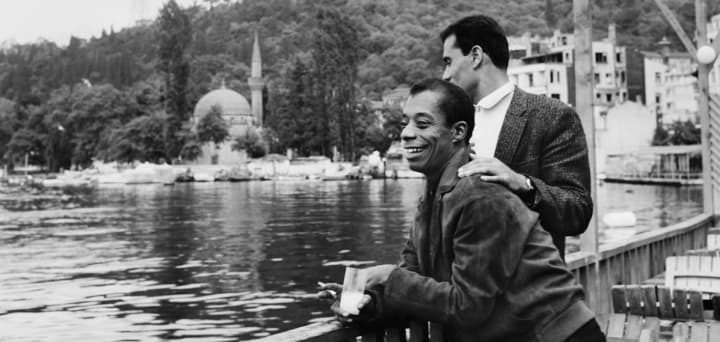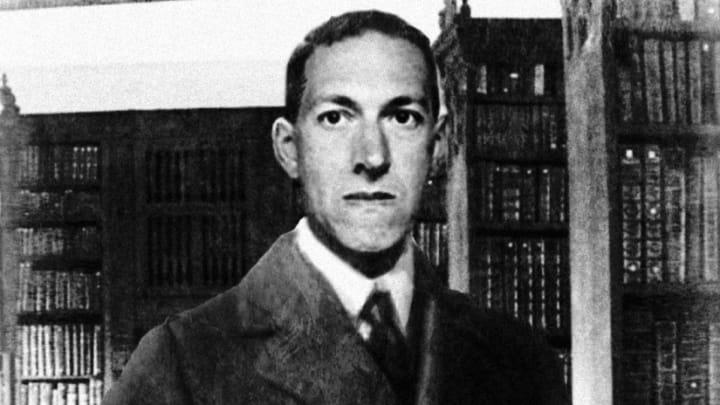30 Books to Read Before You Die (Pt. 38)
1111-1140

Part 38 and we’re still going. I feel like we’re going to be doing this forever at this point, but hopefully I can round it off soon and you don’t have to listen to me rambling on about stuff to do with books for very long. We’ve looked at many different topics in our journey, and yet, we still have a ton of subjects to cover—today we’re going to cover the importance of reading different cultures, and not just your own.
Everyone knows it is important to read a range of different literature from a range of different cultures and times, but not many people know about the benefits it can have apart from “helping you to understand other people from other backgrounds…” I think that’s a bit of a cop-out to be fair. If you need to read a book to be able to talk to someone who isn’t your own skin colour, religion, culture etc. then you’re probably doing something horribly wrong. There are a range of other reasons that aren’t normalised racism that can be helpful in why we read books from other cultures.
The first reason to do so is to experience different storytelling styles. For example: If I read a book by The Brothers Grimm, it’s going to have a different style to the storytelling in Charles Perrault’s tales, and then again there’s a different style in Hans Christian Andersen. But, if I were to go out and read just tales by Grimm, I wouldn’t gain access to all those different writing styles from different cultures. You’ll notice that no matter how poetic Perrault is, he is coarse and realistic in his politics of tales. Andersen is more child-friendly, and is written more accessibly and Grimm is the more classic style—written in what we understand to be the writing style of folklore.
The second reason to do so is to gain access to different stories. In Bulgakov’s Master and Margarita, though he is Russian, he makes constant allusions to the German text of Goethe’s Faust. Both of these stories may be entirely different in their style, but the stories are pretty similar in their plot. One is Russian, and the other is German—so here you’re gaining access to similar stories from two different cultures. The most well-known example of gaining access to the same story across multiple cultures is the creation myth. You can read many different creation myths from many different religions, and gain access to many different types of stories—understanding exactly why the writing style itself is used.
The third reason is to not limit yourself to a style of writing. You should never limit your stories to the poetic classiness of English Literature, or the high Catholicism of Italian Literature, or the coarseness of German Literature, or even the mind-bending ability of Japanese Literature. You should read them all equally in order to give yourself the biggest stretch in terms of writing style, cultural influence, and how that text represents the literature of that country. It is quite a fun activity to do, since a few years ago I read one book from every country in the world by following a reading list! I will tell you that it wasn’t only fun, but it opened my eyes to new and exciting writing styles I never knew about before.
So, the same as it has always been. I will take you through thirty books I’ve read and mark my favourites with an (*). I’ll talk about some intermittently, and, though you’ve probably had enough of me talking, give some sort of memorable experience behind one or two of them. I hope you enjoy this as much as I do, and I hope you get some good reading material from it!
1111-1120

James Baldwin
1111. Unconditional Surrender by Evelyn Waugh
1112. Another Country by James Baldwin*
1113. Who’s Afraid of Virginia Woolf by Edward Albee
1114. James and the Giant Peach by Roald Dahl
1115. The Spy Who Loved Me by Ian Fleming
1116. Arrow of God by Chinua Achebe
1117. Dagon and Other Macabre Tales by H.P. Lovecraft
1118. The Magic Toyshop by Angela Carter
1119. The Outsiders by S.E. Hinton
1120. The Drowned World by J.G. Ballard
1121-1130

HP Lovecraft
1121. The Iron Man by Ted Hughes
1122. I’m King of the Castle by Susan Hill
1123. Tarzan and the Madman by Edgar Rice Burroughs
1124. Ariel by Sylvia Plath
1125. Collected Poems by H.P. Lovecraft
1126. 2001: A Space Odyssey by Arthur C. Clarke
1127. The Andromeda Strain by Michael Crichton
1128. Troubles by J.G. Farrell
1129. The Horror in the Museum by H.P. Lovecraft
1130. The Impossible Man by J.G. Ballard
1131-1140

Terry Pratchett
1131. Crow by Ted Hughes
1132. In a Free State by VS Naipaul
1133. The Infernal Desire Machine of Dr. Hoffman by Angela Carter
1134. The Power and the Glory by Graham Greene
1135. 'Aesthetic Theory' by Theodor Adorno
I actually had to read this for some essay I was writing a few years ago, and the very first thing I thought to myself was, “man, this sounds boring as hell…” and then I actually read it, and it wasn’t boring at all. Actually, I ended up reading it a couple of times before I finally wrote and drafted the essay. It just goes to show that you shouldn’t judge a book by its title!
1136. Eight Tales by Walter de la Mare
1137. The Rachel Papers by Martin Amis
1138. My Name is Asher Lev by Chaim Potok
1139. The Mixture as Before by W. Somerset Maugham
1140. The Carpet People by Terry Pratchett
About the Creator
Annie Kapur
200K+ Reads on Vocal.
English Lecturer
🎓Literature & Writing (B.A)
🎓Film & Writing (M.A)
🎓Secondary English Education (PgDipEd) (QTS)
📍Birmingham, UK






Comments
There are no comments for this story
Be the first to respond and start the conversation.